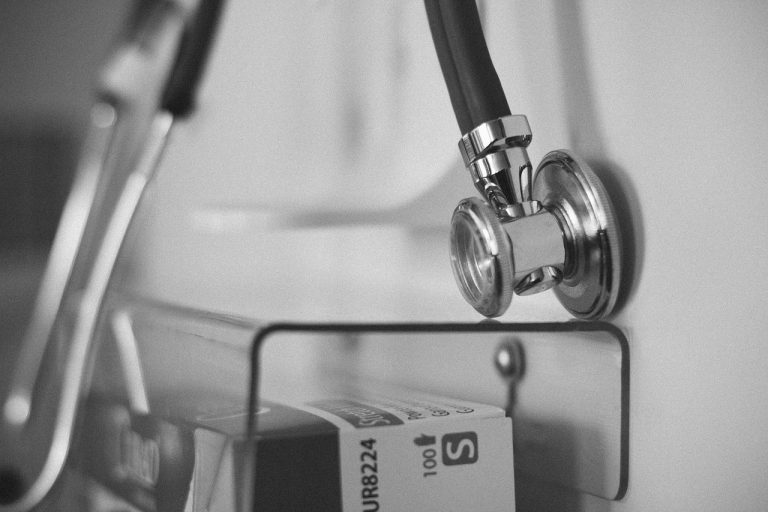Alcohol consumption is a ubiquitous part of many cultures, often enjoyed socially and recreationally.
However, beneath the surface of this seemingly harmless habit lies a hidden danger: the link between alcohol consumption and cancer.
Research has consistently shown that drinking alcohol increases the risk of developing certain types of cancer.
In fact, the US Surgeon General has identified alcohol consumption as the third leading cause of preventable cancer, accounting for approximately 100,000 cases and 20,000 deaths annually in the US.
So, which types of cancer are associated with alcohol consumption? The evidence points to seven specific types:
1. Breast Cancer: Alcohol consumption has been shown to increase the risk of breast cancer in women, particularly those who drink heavily or have a family history of the disease.
2. Throat Cancer: Drinking alcohol has been linked to an increased risk of throat cancer, including cancers of the larynx, pharynx, and oesophagus.
3. Liver Cancer: Alcohol consumption is a major risk factor for liver cancer, particularly in individuals with underlying liver disease or cirrhosis.
4. Oesophagus Cancer: Drinking alcohol has been shown to increase the risk of oesophagus cancer, particularly in individuals who also smoke.
5. Mouth Cancer: Alcohol consumption has been linked to an increased risk of mouth cancer, including cancers of the lips, tongue, and gums.
6. Larynx Cancer: Drinking alcohol has been shown to increase the risk of larynx cancer, particularly in individuals who also smoke.
7. Colon Cancer: Alcohol consumption has been linked to an increased risk of colon cancer, particularly in individuals who drink heavily or have a family history of the disease.
The exact mechanisms by which alcohol consumption increases cancer risk are complex and multifaceted. However, research suggests that alcohol’s carcinogenic effects may be due to its ability to:
– Damage DNA and disrupt cellular processes
– Increase the production of harmful chemicals, such as acetaldehyde
– Weaken the immune system and reduce its ability to fight cancer
While the link between alcohol consumption and cancer is clear, it’s essential to note that not everyone who drinks will develop cancer.
However, by understanding the risks and taking steps to reduce alcohol consumption, individuals can significantly lower their risk of developing these devastating diseases.
Source: NewsandVibes.com



